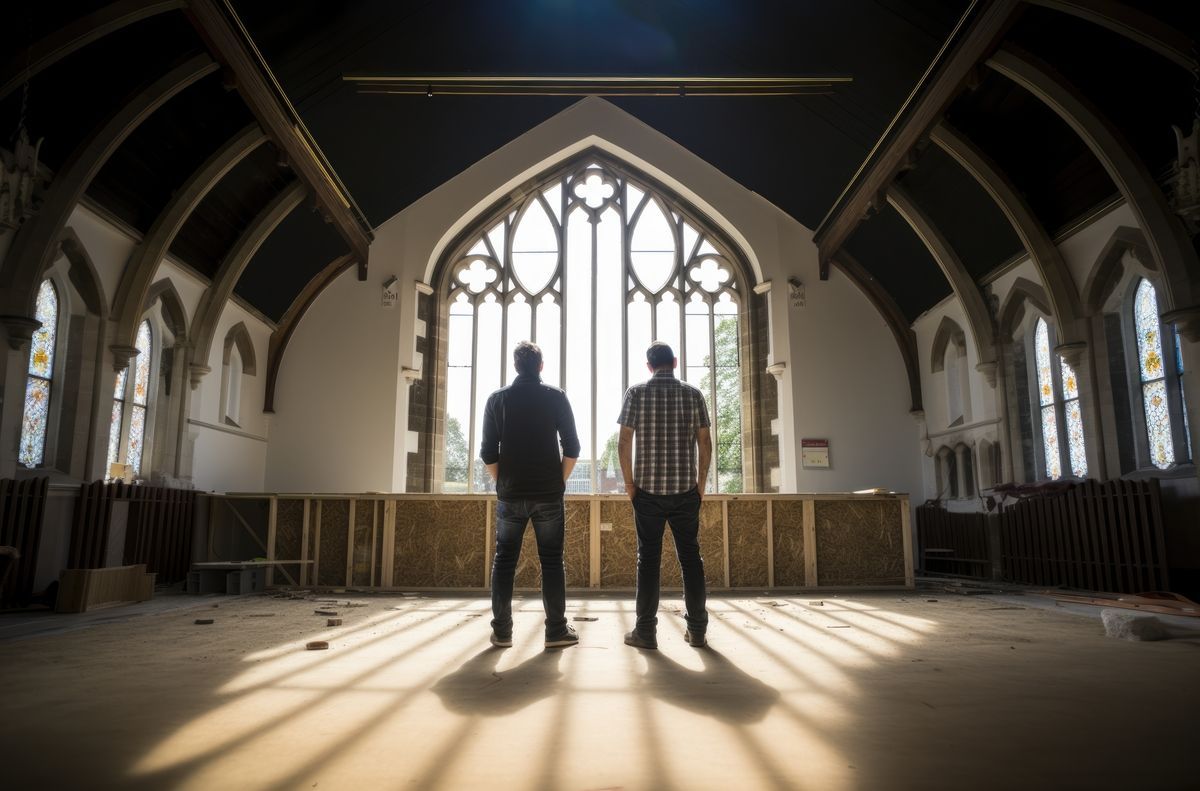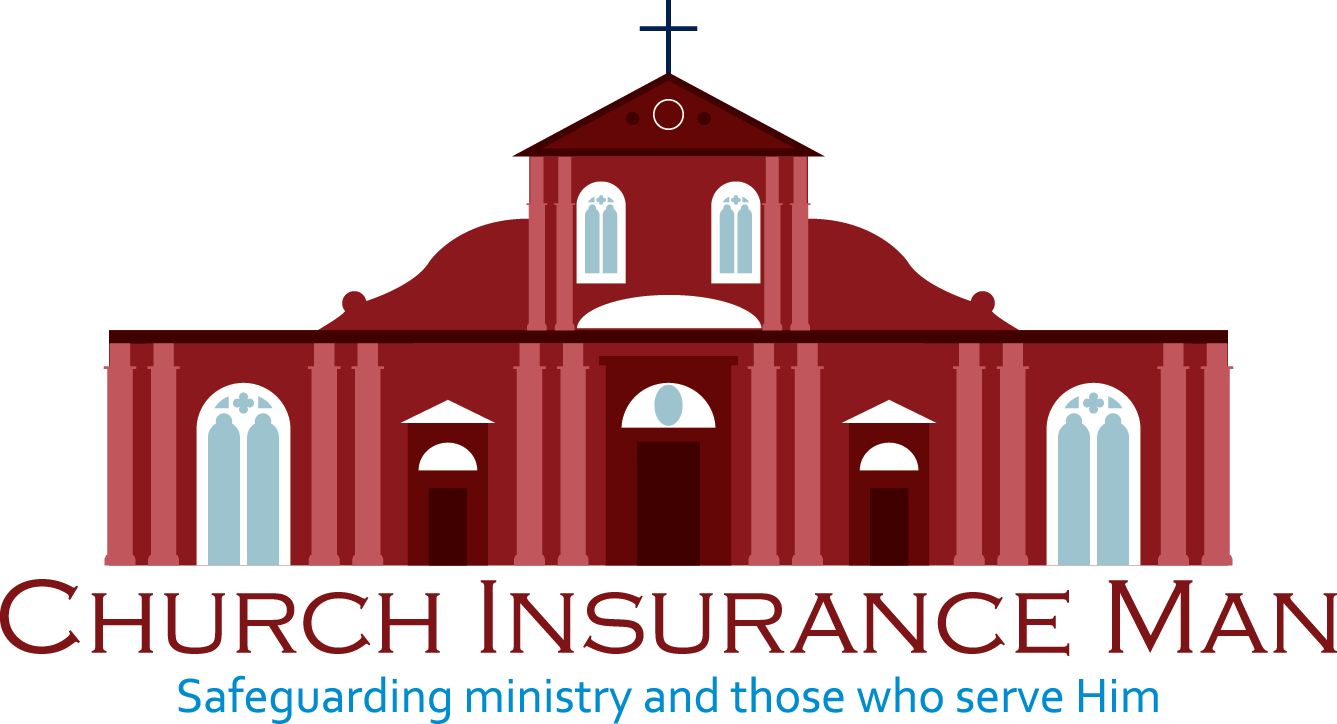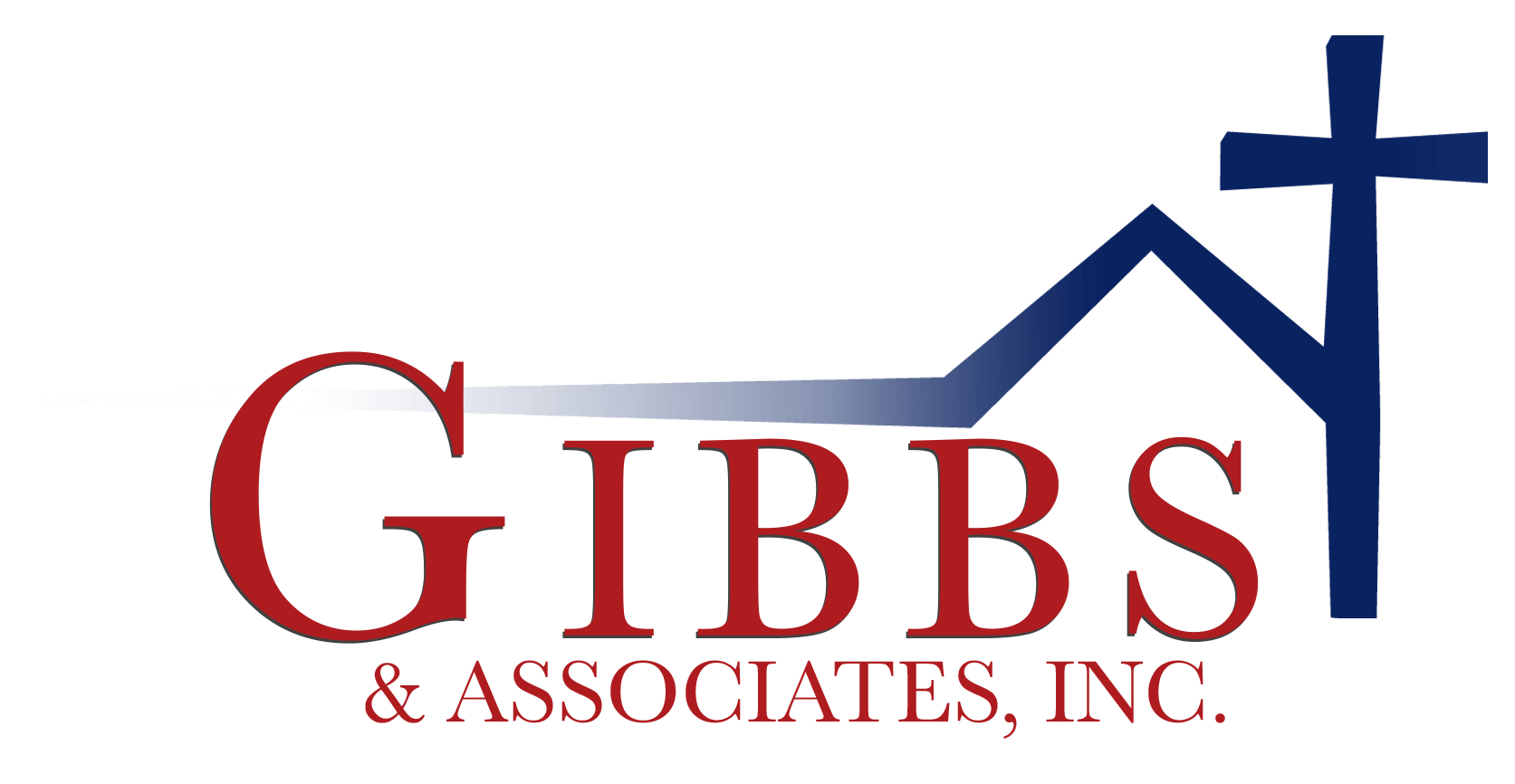Nonprofit Liability Insurance: A Necessity?
Importance of Liability Insurance for Non-profits
Nonprofit organizations, while driven by noble causes and focused on providing help to communities, are not immune to the risks and liabilities that can come with running a business or group. Just like any other organization, non-profits must ensure that they are adequately protected against potential claims and lawsuits that could arise from their operations.
One of the most crucial steps to achieve this protection is obtaining non-profit insurance. In this blog article, we will discuss the importance of liability insurance for non-profits, the types of claims that could be brought against them, and the prevalent kinds of non-profit claims.
Do Nonprofits Need Liability Insurance?
The short answer is yes. Nonprofit organizations, irrespective of their size or cause, need liability insurance to protect themselves from potential financial losses arising from claims and lawsuits.
Non-profit insurance safeguards your non-profit from the financial burdens that come with unexpected incidents, such as accidents, injuries, or damages resulting from your organization's activities or services.
Additionally, having liability insurance can also help your non-profit maintain its reputation and credibility. When your organization is adequately insured, it shows that you take your responsibilities seriously and are prepared to handle any unforeseen situations.
What Types of Claims Could Be Brought Against a Nonprofit?
Nonprofit organizations can face various claims depending on their operations, services, and activities. Some of the common types of claims that could be brought against a non-profit include:
General Liability Claims:
These claims can arise from bodily injuries or property damages that occur on your organization's premises or during your activities. Examples include a visitor getting injured on your property or damage caused to a rented venue during an event.
Professional Liability Claims:
Also known as errors and omissions, professional liability claims can arise from negligence, errors, or omissions in the services your non-profit provides. For instance, if your organization provides counseling services and a client claims that they have suffered harm due to improper advice, you may face a professional liability claim.
Directors and Officers (D&O) Liability Claims:
These claims can result from the decisions and actions of your board members and officers. For example, if a board member takes an action that leads to financial loss or violates regulations, your non-profit could be held liable.
Employment Practices Liability Claims:
These claims arise from work-related disputes, such as wrongful termination, discrimination, or harassment. You may face an employment practices liability claim if an employee or volunteer accuses your organization of unfair treatment.
Cyber Liability Claims:
With the increasing reliance on technology and digital data, non-profits also face cyber liability risks. If your organization experiences a data breach or cyber-attack that compromises sensitive information, you may face legal and financial consequences.
What Kinds of Nonprofit Claims Are Prevalent?
While every non-profit is unique, there are some prevalent types of claims that many organizations face. Some of these include:
Slip and Fall Accidents:
These are common occurrences that can result in general liability claims. Nonprofits must ensure that their premises are well-maintained and safe for visitors, volunteers, and staff members.
Employment-Related Claims:
Disputes and allegations related to employment practices, such as discrimination, harassment, or wrongful termination, are quite common in the non-profit sector.
Mismanagement of Funds:
Nonprofits can face D&O liability claims if they are accused of mismanaging funds or not adhering to proper financial practices.
Breach of Fiduciary Duty:
Fiduciary duty is a legal and ethical obligation that requires a person or entity to act in the best interests of another party, putting their interests ahead of their own. Board members and officers of non-profits have a fiduciary duty to act in the organization's best interest. If they fail to do so, they can be held liable for any resulting damages.
Conclusion
Non-profit insurance is a crucial aspect of risk management for non-profits. By obtaining the right coverage, your organization can safeguard itself against potential claims and lawsuits while maintaining its reputation and credibility.
To ensure that your non-profit is adequately protected, consult with an insurance professional to assess your organization's specific needs and tailor an insurance plan that best suits your requirements.
Minimize the potential risks for your non-profit organization by partnering with Church Insurance Man. We specialize in providing
non-profit insurance in Georgia, along with a range of tailored church insurance plans. Our insurance firm is known for its expert knowledge and value-added services designed specifically for the church community. Contact us now!











